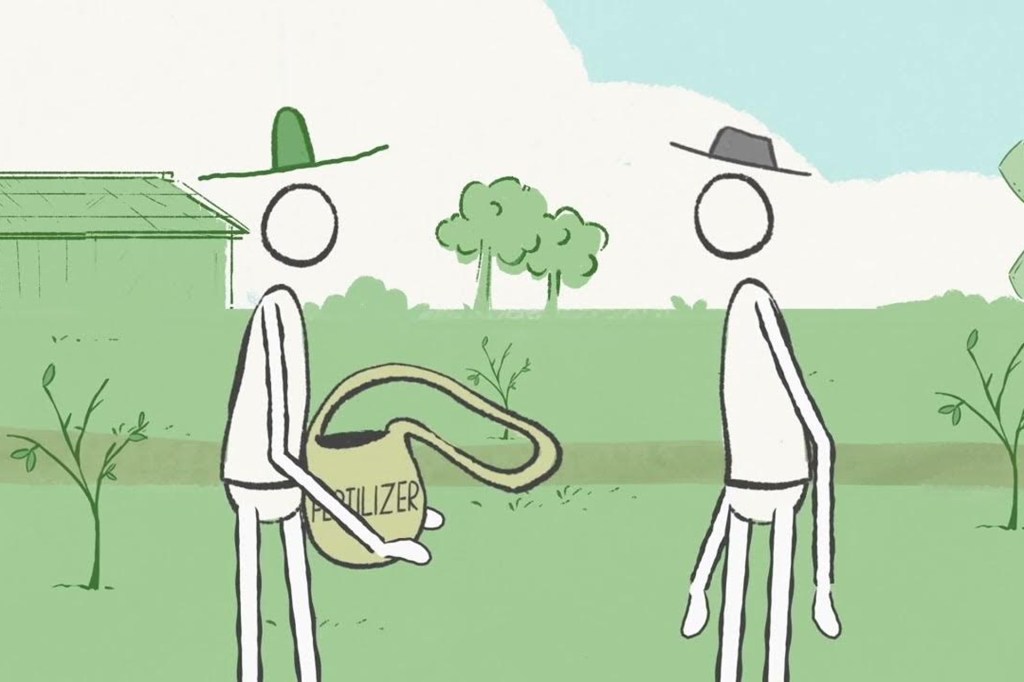Narrator
Two saplings. Two gardeners. Two trees.
Both gardeners work hard to nurture their plants, so why at the end does one
have an orchard and the other a single apple?
The picture is more complex than it might appear at first. Hard work alone is only part of the story behind someone’s prosperity. Past and present policies and practices that have excluded people of color and women and led to the isolation of some places from economic opportunity have created vastly unequal landscapes.
Differences profoundly impact a family’s ability to seed and grow wealth.
Wealth or net wealth refers to the total value of one’s assets minus debts and how families build and maintain wealth is critical to understanding why some families thrive, while other struggle.
Despite also working hard and playing by the rules, wealth is important to family well-being but often operates behind the scenes. It’s an unseen force separate from individual effort or ingenuity that can determine a family’s chances at success.
What this means is that hard work alone is often not enough to build and grow wealth. Access to private and public investments helps personal wealth like saplings to be nurtured and grow and yield more fruit. For example, those with access to financial and other resources from extended family and friends can leverage this to make individual investments that yield greater personal wealth. Those without such resources won’t get the same returns despite working hard.
Social investments also play an important role in helping families build and protect wealth. Some communities have received deliberate public and private investment and others have faced active disinvestment. That means some communities are well resourced with things like better schools, utilities, and parks making them a more desirable and in turn valuable place to live.
Taken together policy and practice alongside differences in extended family support and social investments shape an individual’s ability to build and grow personal wealth. Meaning hard work alone is often not enough.
Wealth in addition to being a resource that can be invested for future growth also acts as a buffer in times of crisis. Without this buffer, every crisis like a job loss or medical bill has the potential to become a catastrophe.
When you have access to a lot of resources it’s easier to turn your own investment, like a sapling, into an orchard.
Wealth begets wealth. And as resources are passed down from one generation to the next, those with access can give their children and grandchildren a head start. A cycle that continues to expand. Existing wealth divides.
Every family wants to secure a stable future for their children, but white families have accumulated 10 times more wealth than Black families and single women of color own pennies on the dollar held by single white males because the playing field has not been level and isn’t today.
When some families face restricted opportunities to grow wealth that limits our potential for a fully productive economy.
Learn more about how New England stakeholders can help create a more equitable playing field for all families in our region. Join the conversation.






